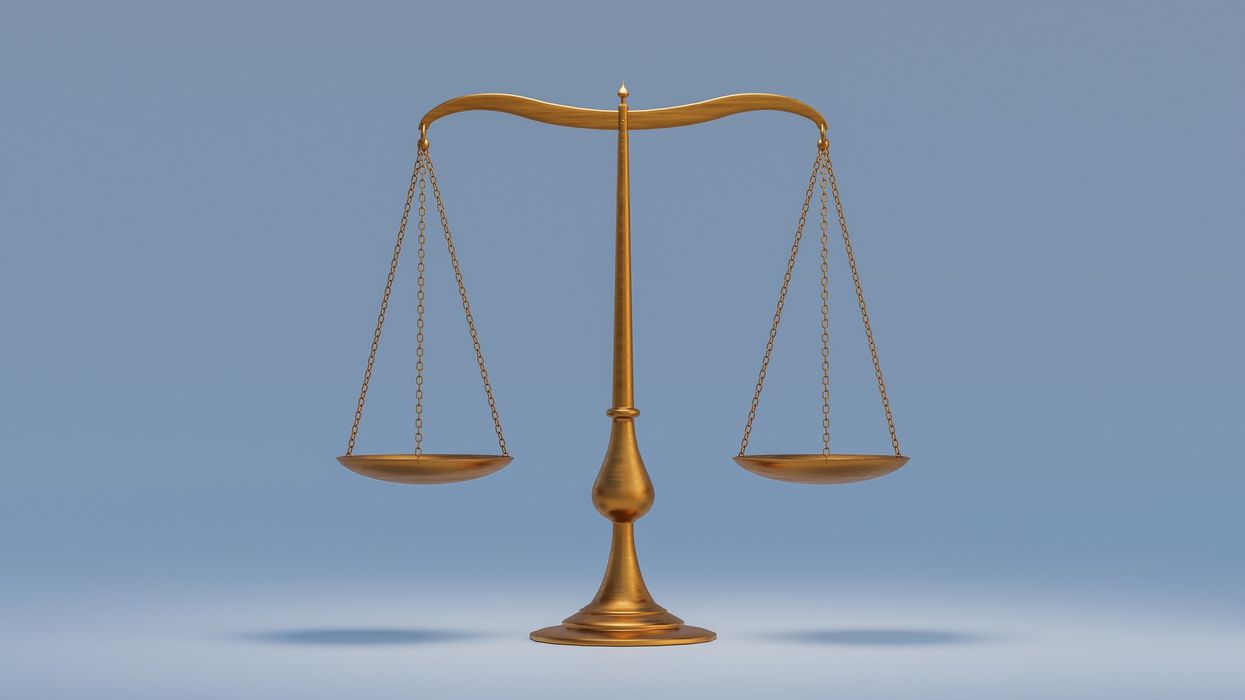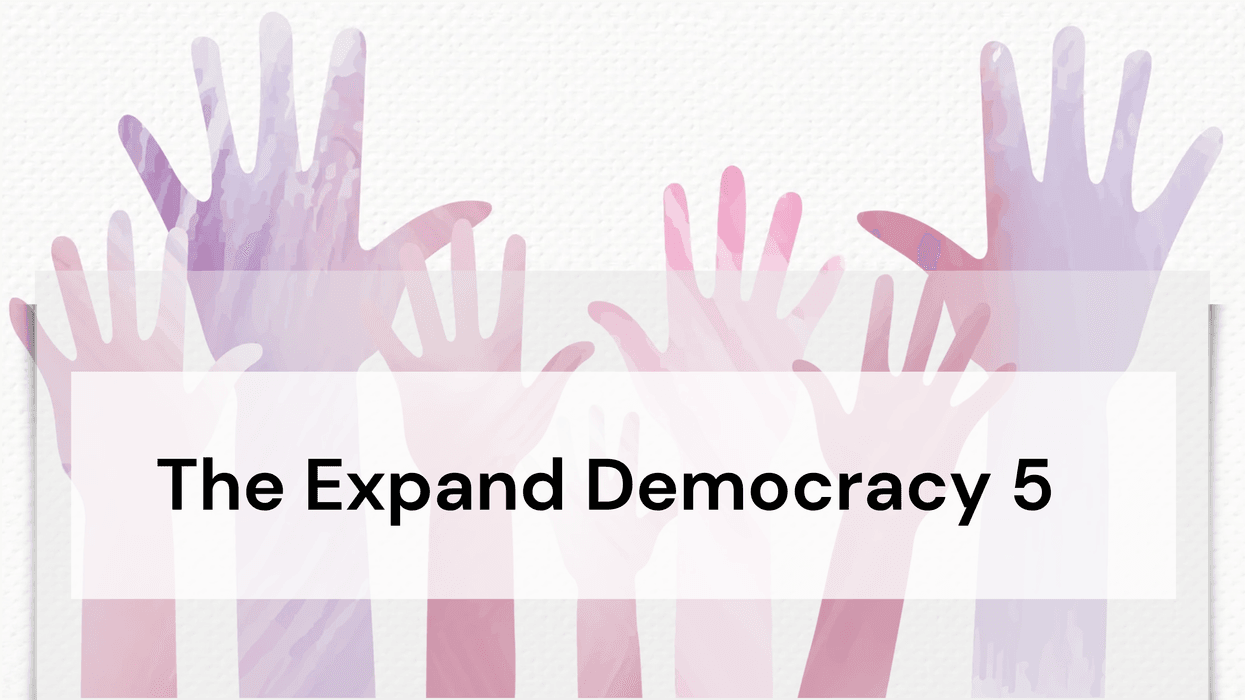“Next to love, balance is the most important thing.” ~ John Wooden
Would John Wooden, UCLA’s winningest basketball coach, who took his team to ten national championships in 12 years and was named the “Coach of the Century” by ESPN, speak so of “love” and “balance” if they were not absolutely critical to a winning formula?
Of course not.
Coach Wooden declares balance “next to love.” He is not referring to the “love you” now uttered after every phone conversation instead of good-bye, so innocuous and automatic we have likely told the plumber we love him before hanging up. What the coach speaks of is deep, even sacrificial, love of family, of others, and of our country.
If any ingredient is missing from the political “soup” lately, it is certainly the most essential one. Yet, we cannot make “soup” without it; love is the broth all the other ingredients simmer in.
The next most important component for success that Wooden declares is “balance.” Balance is essential in our physical bodies, in our psychic outlook, in budgets, and absolutely critical to the world structure. A balanced diet, balancing work/family commitments, a balanced financial statement, and the balance of power are all essential for health and happiness. You do not need to be a yoga instructor to understand that, in every arena, balance is key.
Yet, we have heard tales of great accomplishments springing from focusing on a goal and striving single-mindedly to obtain it, and many think “balance” is not a worthy objective. Instead, they embrace a philosophy smacking of ego and extremism. Such paramount views have played out throughout human history, and they always lead to trouble and tragedy. Intolerance of others is stirred, race, religion, beliefs eroded; bombs drop, wars begin. A political system is out of whack without balance, and the inevitable result is havoc.
We cannot allow ourselves to mistake passion for obstinacy and determination for obsession. Without that essential quality of balance, aspirations teeter and great causes collapse. Balance is truly the most difficult goal to attain, as well as to maintain, and thus most worthy. It is the “holy grail,” the sacred “middle ground,” a place to listen where solutions and compromises are found, where empathy is discovered.
We can usually, more clearly, see balance operating in individuals. So, by not indulging ever in chocolate, or potato chips, or whatever our guilty pleasure may be, will we then live forever? (Or will it just seem like it?) A diet of only green beans is no better; it will also undermine our health. Balance is the key.
We may admire audacity, risk-takers willing to flaunt the rules, and an extreme reaction or viewpoint. But one-sidedness ruins our country’s robustness. It is not healthy, any more than eating just candy, or only vegetables, is.
Corrections inevitably come, and the pendulum will swing, often heading back to the opposite extreme: starvation diets, a year-long binge, a more fanatical left, a more radical right, the crazy excesses. Our country’s founders realized this when drafting our Constitution. They strove for a balance of power between the different branches of the government because it is absolutely essential to a healthy democracy.
Thomas Jefferson said it best:
"The principle of the Constitution is that of a separation of legislative, executive, and judiciary functions, except in cases specified. If this principle be not expressed in direct terms, it is clearly the spirit of the Constitution, and it ought to be so commented and acted on by every friend of free government."
“Make America Great Again,” presumes it is not great now. But it is and will continue to be by heeding Jefferson’s words. Although increasingly challenged on the domestic front and on the world stage, the United States remains the greatest country the world has ever known.
The instincts of our forefathers were good, and ours are as well, sometimes with a little nudging. We will retain our democracy by maintaining our equilibrium. As Coach Wooden proclaims in his winning principles, we must seek and cultivate tolerance (love) and balance.
Libra is visible in the night sky in the Northern Hemisphere right now, and will remain so through late spring and early summer. The seventh astrological constellation, Libra’s symbol, is a goddess holding a balance scale representing harmony, justice, and balance. It is the model of our government’s Lady Justice. Recognizing the accomplishment of maintaining balance for the great feat it is, President Washington called this symbol “the firmest pillar of justice.” It is the keystone of our democracy.
If we maintain our balance, we cannot fall.
Amy Lockard is an Iowa resident who regularly contributes to regional newspapers and periodicals. She is working on the second of a four-book fictional series based on Jane Austen’s “Pride and Prejudice."




















